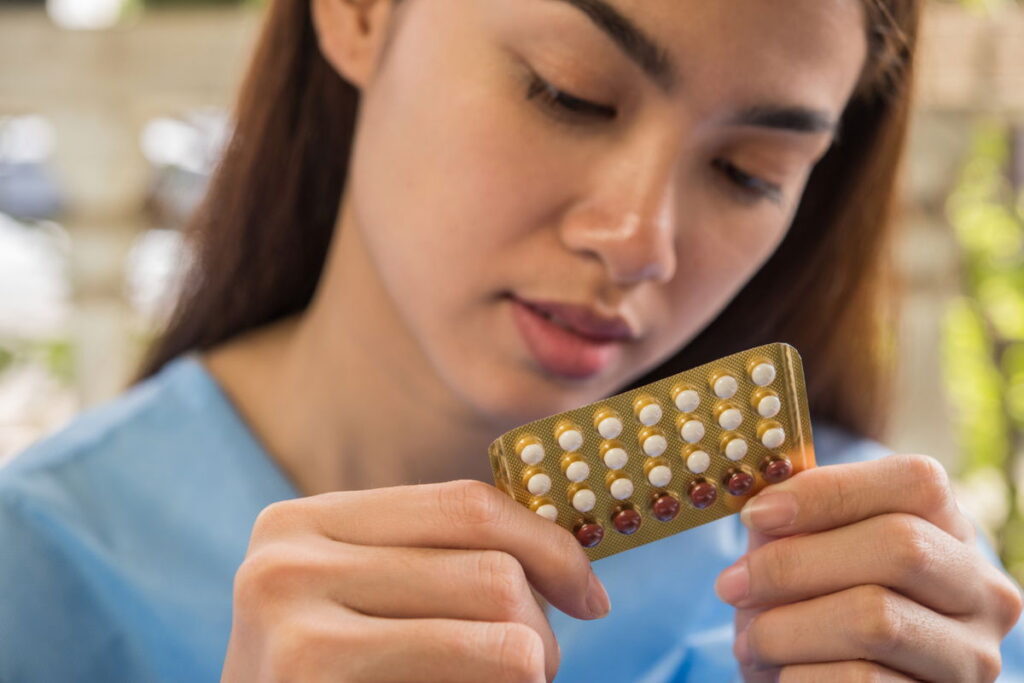
New research is shedding light on the potential long-term mental health effects of starting the contraceptive pill during adolescence. Several large-scale studies now suggest that girls who begin taking oral contraceptives before the age of 18 may face an increased risk of depression in later life. A 2019 study published in The Journal of Child Psychology and Psychiatry found that women who started using the pill during their teenage years were significantly more likely to experience symptoms of major depressive disorder in adulthood than those who never used hormonal contraception or who began in adulthood.
The researchers observed that adolescent users had odds ratios (ORs) of up to 1.7, meaning they were 70% more likely to report depressive symptoms years later—even after discontinuing the pill. These findings were independent of family background, education level, and prior mental health history.
Further support comes from a 2022 study in the Journal of Affective Disorders, which followed over 5,000 women across six years. The study reported that early pill use, especially during sensitive periods of brain development like puberty, may disrupt hormonal systems involved in mood regulation.
The suggested explanation lies in how synthetic hormones in contraceptives interact with the developing adolescent brain. Puberty is a time when natural hormone levels are rapidly changing and the brain’s emotional regulation systems, including the hypothalamic-pituitary-adrenal (HPA) axis, are still maturing. Interrupting this process with external hormones could lead to lasting changes in stress response and emotional resilience.
While some women tolerate hormonal contraceptives well, others may be more sensitive to mood-related side effects—particularly during adolescence. Importantly, not all studies agree. Some research has found no strong link between the pill and depression, especially in adult women. However, population-based studies across Scandinavia and the UK have consistently shown that teen users of the pill are more likely to receive antidepressant prescriptions or depression diagnoses compared to non-users.
Health professionals stress that the absolute risk remains modest, and oral contraceptives remain an effective and often necessary option for many girls and women. But the emerging evidence suggests that conversations around contraceptive choices for teens should include potential mental health considerations.
Experts recommend that teens starting the pill be monitored for changes in mood and offered non-hormonal alternatives if needed. More research is underway to understand which formulations may be safer or whether some individuals are more vulnerable to side effects than others.
For now, the message is clear: while hormonal birth control can be a helpful tool, early use deserves careful consideration and open dialogue between teens, parents, and healthcare providers







